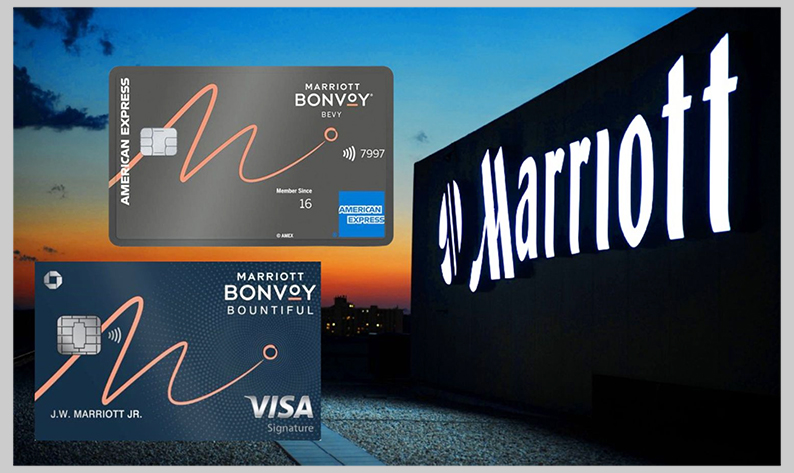Anticipating the Future of Hotels: How Consumer Behavior is Shaping the Industry

The world of hospitality is an ever-evolving landscape, where adaptability to changing consumer needs and behaviors is paramount. As seen in the tumultuous year of 2020, cultural shifts can emerge from major events that challenge our perspectives. While the COVID-19 pandemic brought about significant disruptions and challenges, it also accelerated technological advancements and introduced novel trends, such as touchless check-in options.
In the hotel industry, where guest experience reigns supreme, staying attuned to evolving consumer trends is essential for success. Let’s explore how recent shifts in consumer behavior have influenced hotels and what these changes mean for the industry’s future.
The Ripple Effect of Consumer Behavior on Hotels
Consumer behavior permeates every facet of the hotel industry. As hotels are fundamentally focused on delivering exceptional guest experiences, they must evolve in sync with their consumer base to remain competitive. What does this evolution look like in practice, and how have recent shifts impacted the industry?
1. Hesitancy Towards Travel
The COVID-19 pandemic ushered in an era of hesitancy and caution when it came to travel. Concerns about public health and varying vaccination requirements led to a near standstill in travel. However, this challenging period also catalyzed innovation within the hotel industry, resulting in several positive outcomes:
- Touchless Services: The pandemic spurred the adoption of touchless check-in and check-out procedures, minimizing physical contact between guests and staff.
- Enhanced Sanitation Protocols: Hotels redefined and improved their cleaning and sanitation protocols to prioritize guest safety.
- Optimization of Mobile Apps: The crisis accelerated the development of mobile apps, allowing guests to access a range of services from their smartphones.
- Socially Distanced Activities: Hotels adapted by offering socially distanced activities and excursions to cater to guests’ safety concerns.
While a global pandemic was far from an ideal situation, it acted as a catalyst for creative solutions and technological advancements that enhanced the guest experience.
2. The Online Revolution
The shift towards conducting business online has been a prominent trend since the 1990s. With the proliferation of smartphones and widespread access to Wi-Fi, consumers increasingly preferred conducting transactions online, and this preference extended to hotel bookings.
In 2022, the global market for online hotel bookings is expected to surpass 174 million. More than half of all hotel bookings are projected to occur online this year, a far cry from just two decades ago when this seemed improbable.
Recognizing this shift, the hospitality industry seized the opportunity presented by the internet’s rise. Hotels embraced the online booking trend, striving to make the process seamless and convenient for both guests and management. This evolution involved the integration of online travel agencies (OTAs) like Airbnb, VRBO, and Expedia, alongside property management software (PMS) and channel managers.
Large-scale corporate hotels swiftly adopted these technologies, while independent and smaller chains are now following suit to stay competitive. Meeting the evolving needs of online consumers is a crucial aspect of this transition.
3. The Future: Remote Work’s Ascendance
Remote work has emerged as a defining trend, with 13.4 million people working from home full-time in January 2022. What initially began as a temporary measure during the pandemic has evolved into a pillar of work-life balance and professional freedom.
For hotels, this shift is an opportunity. Remote workers now have the flexibility to combine business with leisure travel. Individuals can take mid-week vacations and stay connected by working from their hotel rooms or communal spaces.
To adapt to this changing consumer behavior, hotels must consider:
- Amenities for Remote Work: Offering high-speed Wi-Fi and creating co-working spaces within the property to cater to remote workers’ needs.
- Digital Transformation: Embracing digital solutions for seamless online bookings and contactless check-in/check-out processes.
In a world where consumers increasingly expect convenience, hoteliers must meet these expectations by adopting technology that expedites various property functions.
Guest experience remains the ultimate indicator of a hotel’s success. To ensure an exceptional guest experience and stay competitive, professionals in the hotel industry must proactively respond to shifts in consumer behavior. By doing so, they can provide optimal guest experiences and secure customer loyalty.
In an industry profoundly influenced by consumer actions and trends, staying informed about emerging trends is essential. By mastering the art of adapting to evolving consumer behavior, hoteliers can impress guests and cultivate lasting customer relationships, ensuring a bright future for the hospitality sector.





